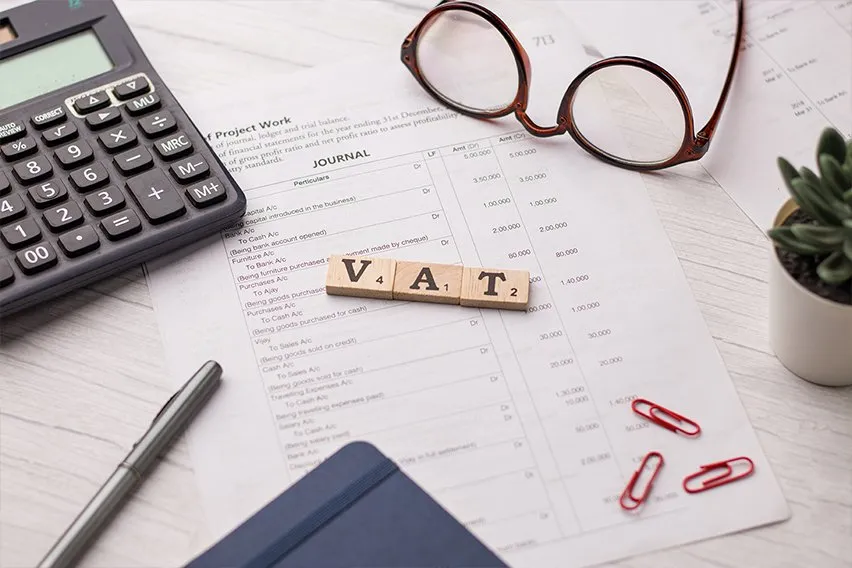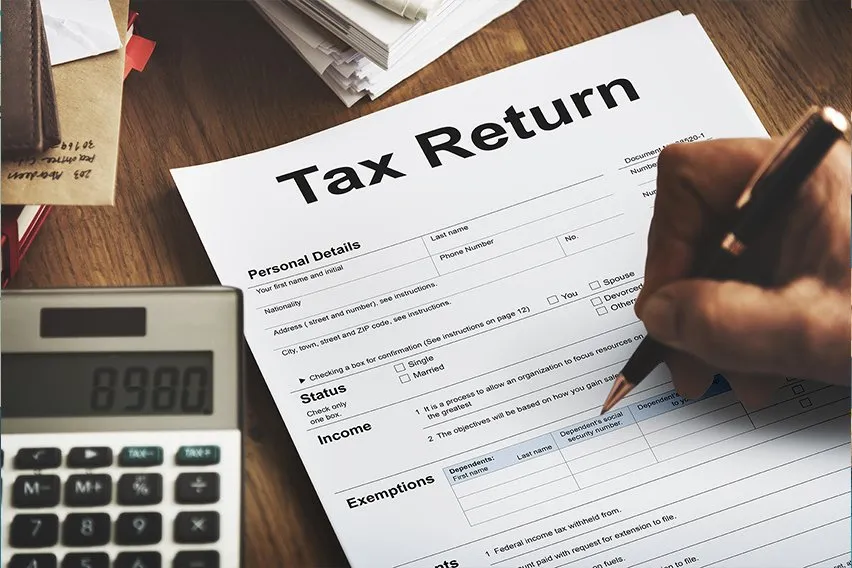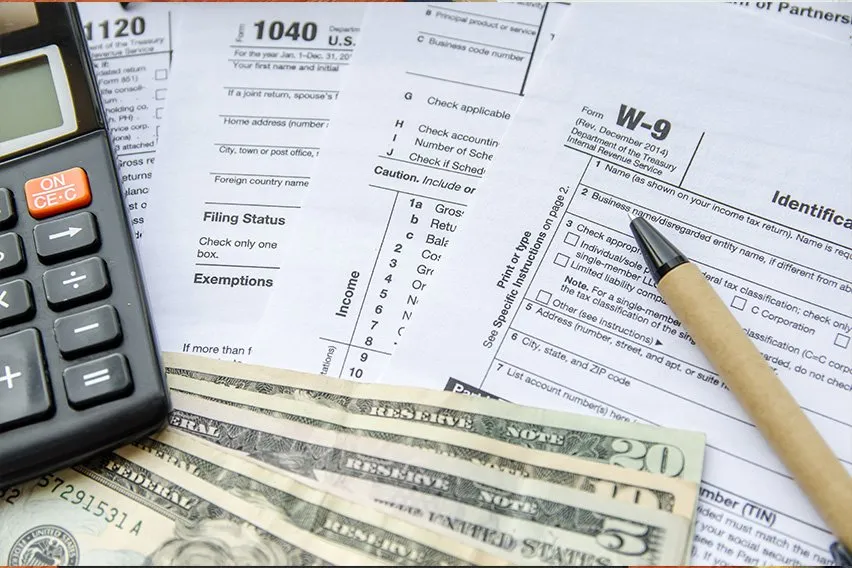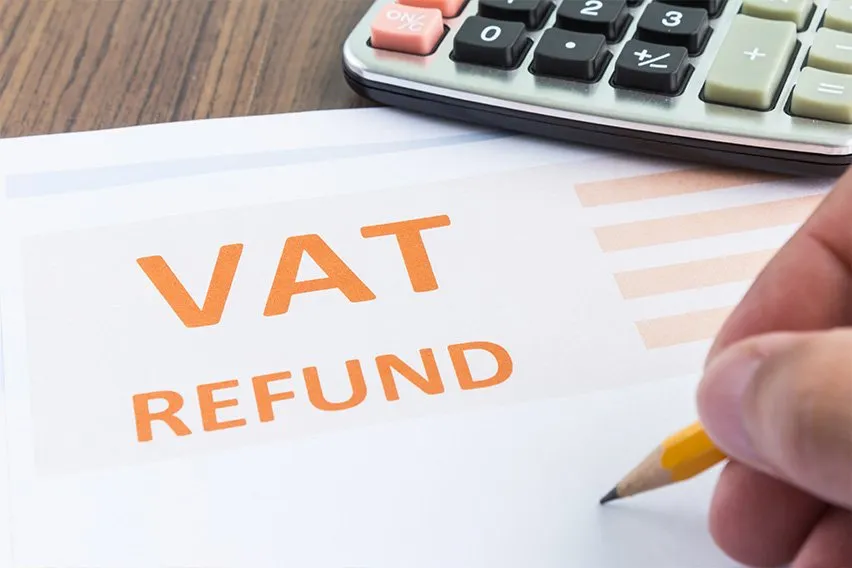Can I Reclaim Insurance Premium Tax on My VAT Return?

The short answer? No, you can’t reclaim Insurance Premium Tax (IPT) on your Value Added Tax (VAT) return.
It’s an easy mistake to make when you’re completing your FreshBooks VAT return. There it is, ‘Insurance Premium Tax’, on the receipt for your new work van. A legitimate business expense, but it’s not VAT, so it doesn’t belong on your VAT return.
In fact, Insurance Premium Tax payments can’t be reclaimed at all. We know, not the best news.
Better news – the rate of Insurance Premium Tax is usually 12%, 8% less than standard VAT.
You never pay IPT and VAT on the same insurance product.
Here’s What We’ll Cover:
What is Insurance Premium Tax?
What are Insurance Premium Tax rates?
Why do I need to know about IPT?
What is Insurance Premium Tax?
VAT isn’t chargeable on insurance products. So the UK government introduced a new Insurance Premium Tax in 1994 instead.
Just like you charge your customers VAT and collect it for HMRC, insurance companies do the same with Insurance Premium Tax. They have to collect IPT on most general insurance premiums, at a rate of either 12% or 20%, depending on the type of policy.
As consumers, this becomes an integral part of our insurance premiums’ cost. It’s usually quoted as part of the overall price and then recorded separately on your invoice or receipt.
Your insurance provider has to charge IPT on most policies, including policies for business, landlord, vehicle and pet insurance. Just like you’ve got no choice about charging VAT once you reach the VAT threshold.

What are Insurance Premium Tax rates?
Insurance premiums fall into one of three different IPT rate categories; exempt, standard and higher.
Exempt from IPT
The types of insurance policies that are exempt from IPT when they cover the following risks:
- “risks outside the UK (paragraph 5.2)
- reinsurance (paragraph 5.3)
- long term business (paragraph 5.4)
- commercial ships (paragraph 5.5)
- contracts relating to the Channel Tunnel (paragraph 5.6)
- lifeboats and lifeboat equipment (paragraph 5.7)
- commercial aircraft (paragraph 5.8)
- international railway rolling stock (paragraph 5.9)
- goods in foreign or international transit (paragraph 5.10)
- export finance related insurance (paragraph 5.11)
- contracts relating to motor vehicles for use by disabled persons (Motability) (paragraph 5.12)
- spacecraft (paragraph 5.13)”
This list, with paragraph references, is from HMRC’s ‘Notice IPT1: Insurance Premium Tax’
Most notably, for most business owners, is the fact that life insurance and income protection insurance are covered within this list of exemptions.
Standard rate IPT
The 12% standard rate of IPT is applicable to most insurance policies that aren’t in the exempt or Higher Rate categories, including:
- Ordinary motor vehicle insurance arranged through a separate insurance agent or company
- Pet
- Home
- Business
- Landlord
Higher Rate IPT
The 20%, higher rate of IPT applies to:
- Travel insurance
- Motor insurance arranged directly by the ‘supplier’ of the vehicle. Including hire purchase, lease, hire or by auction
- Electronic goods and household appliances where the insurance is provided by the ‘supplier’

How do I pay IPT?
You don’t need to worry about how to pay IPT as a consumer. Insurance providers add this cost into the overall price of your policy and pay it straight to HMRC.
Why do I need to know about IPT?
The important thing to remember is that IPT and VAT are not the same thing. Even if you’re paying it at the same 20% rate. And if it’s not VAT, it doesn’t belong anywhere near your VAT return.
You deduct it alongside overall business expenses when you’re working out your taxable income. You don’t need to separate it out, or declare it, or add it into another calculation. It’s just part of the price of that insurance policy that you need to have for your business.
Some of our clients make the mistake of adding IPT in with their VAT rebate figures. It’s just a mistake and, considering how complicated this all gets, an understandable one. But it’s something that’ll need to be fixed with HMRC, as it’ll affect your overall VAT calculation. Hopefully HMRC won’t impose any fines for making the mistake. Although it will delay any VAT rebate coming your way. And no one wants that.
Just remember – if it’s not VAT, it doesn’t belong on your VAT return!
RELATED ARTICLES

 Who is Liable for VAT?
Who is Liable for VAT? VAT Penalties: All You Need to Know About the New System
VAT Penalties: All You Need to Know About the New System Submit VAT Return Online: HMRC VAT Filing Guide
Submit VAT Return Online: HMRC VAT Filing Guide Sole Trader Tax Guide
Sole Trader Tax Guide Tax Return Deadline in the UK (2024-25)
Tax Return Deadline in the UK (2024-25) Can I Get a VAT Refund When I Leave the UK? Can I Get VAT Refund When I Leave UK Soil?
Can I Get a VAT Refund When I Leave the UK? Can I Get VAT Refund When I Leave UK Soil?